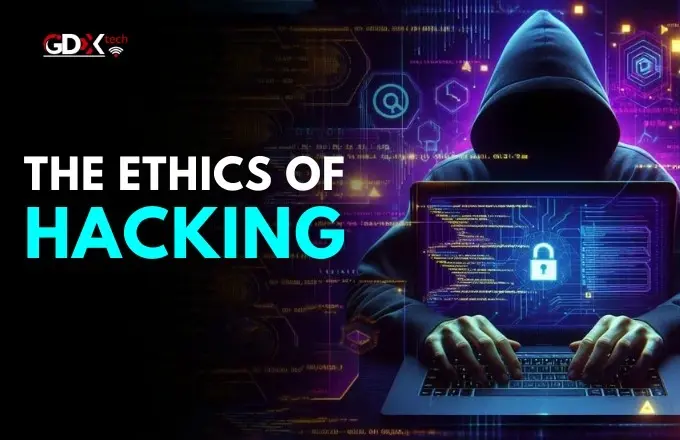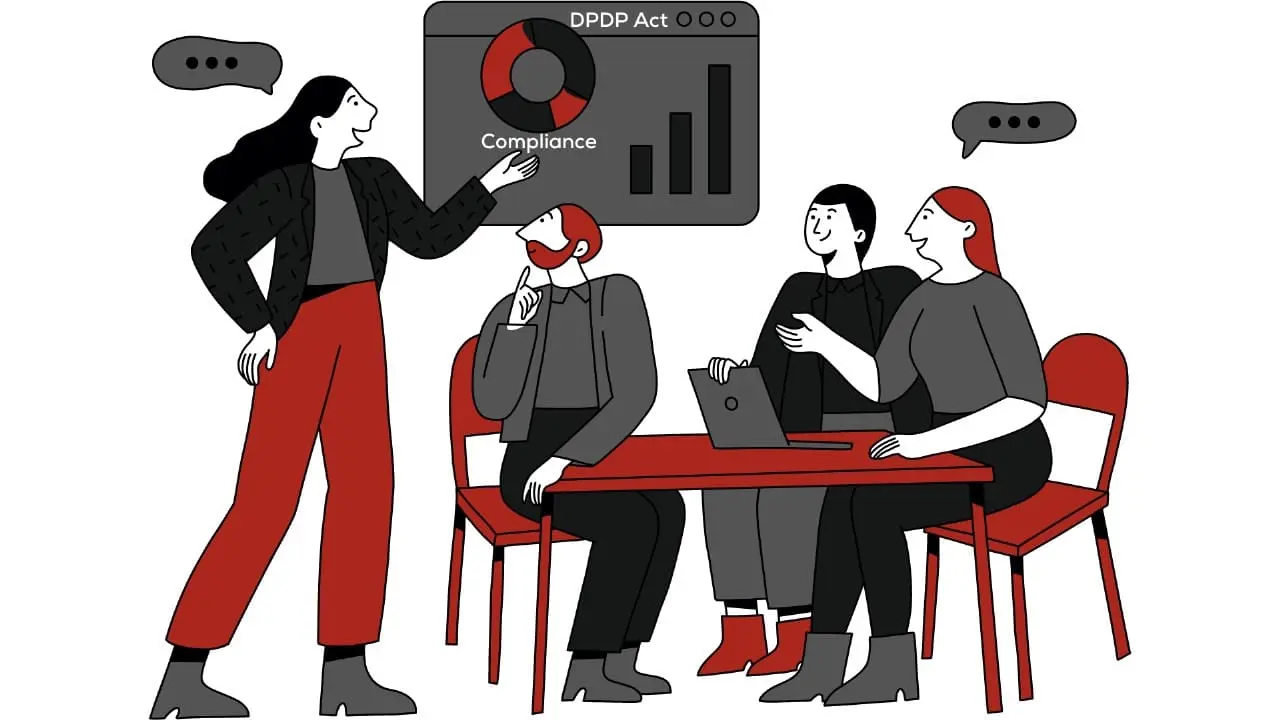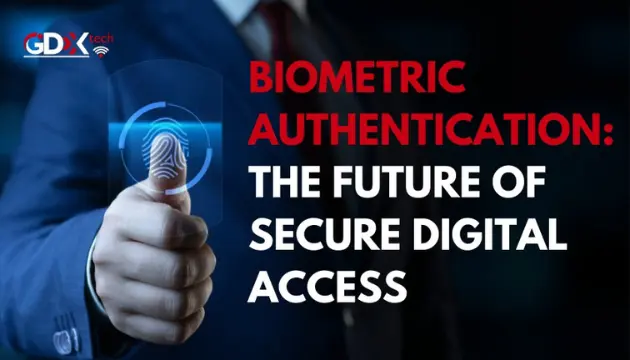The world of hacking is shrouded in a complex web of ethics and legality. While some hackers, known as black hats, exploit vulnerabilities for malicious purposes, others, ethical hackers or white hats, utilize their skills to identify and address security weaknesses in systems. The line between these two categories can sometimes blur, particularly when it comes to security testing.
The Importance of Ethical Hacking:
Ethical hacking, also known as penetration testing, plays a crucial role in cybersecurity. Ethical hackers use their knowledge and skills to simulate real-world attacks, helping organizations identify and fix vulnerabilities before malicious actors exploit them.
Here are some of the benefits of ethical hacking:
- Proactive Security Measures: Ethical hacking helps organizations identify and address security weaknesses before they are exploited by cybercriminals.
- Improved System Resilience: By proactively addressing vulnerabilities, ethical hacking strengthens the overall security posture of systems.
- Reduced Risk of Data Breaches: Identifying and patching vulnerabilities before attackers can exploit them helps prevent costly data breaches.
The Legal Landscape:
The legality of hacking hinges on permission. Ethical hacking is conducted with the explicit authorization of the system owner. Here’s where things get complicated:
- Gray Areas: What constitutes “explicit authorization” can be debatable. Clear contracts outlining the scope and limitations of the testing are essential.
- Accidental Damage: Even with authorization, ethical hacks can inadvertently cause damage to systems. Clear communication and planning are crucial to minimize risks.
- Unforeseen Vulnerabilities: Ethical hackers may uncover vulnerabilities beyond the scope of their authorization. Responsible disclosure practices require notifying the owner and working collaboratively to address the issue.
Crossing the Line: When Hacking Becomes Criminal
Hacking without authorization or exceeding the agreed-upon scope can be considered a crime. Here are some red flags:
- No Permission: Hacking into a system without the owner’s consent is illegal and can lead to criminal charges.
- Stealing Data: If a hacker steals data during a penetration test, even accidentally, it can be considered a criminal act.
- Exploiting Vulnerabilities: Using discovered vulnerabilities for personal gain or causing harm through them is illegal.
The Importance of Responsible Disclosure:
Ethical hackers have a responsibility to disclose discovered vulnerabilities to the system owner in a timely and responsible manner. This allows the owner to address the issue before it’s exploited by malicious actors.
Conclusion:
The ethical hacking landscape is constantly evolving. By adhering to clear legal frameworks, following responsible disclosure practices, and prioritizing ethical considerations, ethical hackers can play a vital role in bolstering cybersecurity without crossing the line into criminal activity.
GDX Tech, a division of the GDX Group, excels in drone technology and advanced cybersecurity solutions that surpass industry standards. Our comprehensive services include modern managed services, security assessments, a state-of-the-art security operations center, compliance consulting, awareness programs, and forensic investigations. Renowned for our commitment to excellence, we adeptly address our clients’ evolving cybersecurity requirements.
For more details, visit our website at gdxtech.net or contact GDXTech at +91-844-899-8755.









